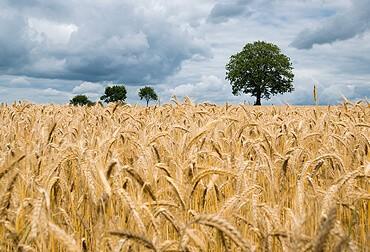Green revolution technologies have more than doubled the yield potential of agri products, especially in India. These high input production systems requiring massive qualities of fertilizers, pesticides, irrigation and machines, however, disregard the ecological integrity of land, forests and water resources, endanger the flora and fauna and cannot be sustained over generations. To a great extent, future food security and economic independence of developing countries would depend on improving the productivity of biophysical resources through the application of sustainable production methods, by improving tolerance of crops to adverse environmental conditions and by reducing crop and post-harvest losses caused by pest and diseases. Indigenous agricultural practices can play a key role in the design of sustainable and eco-friendly agricultural systems, increasing the likelihood that the rural population will accept, develop and maintain innovations and interventions.
